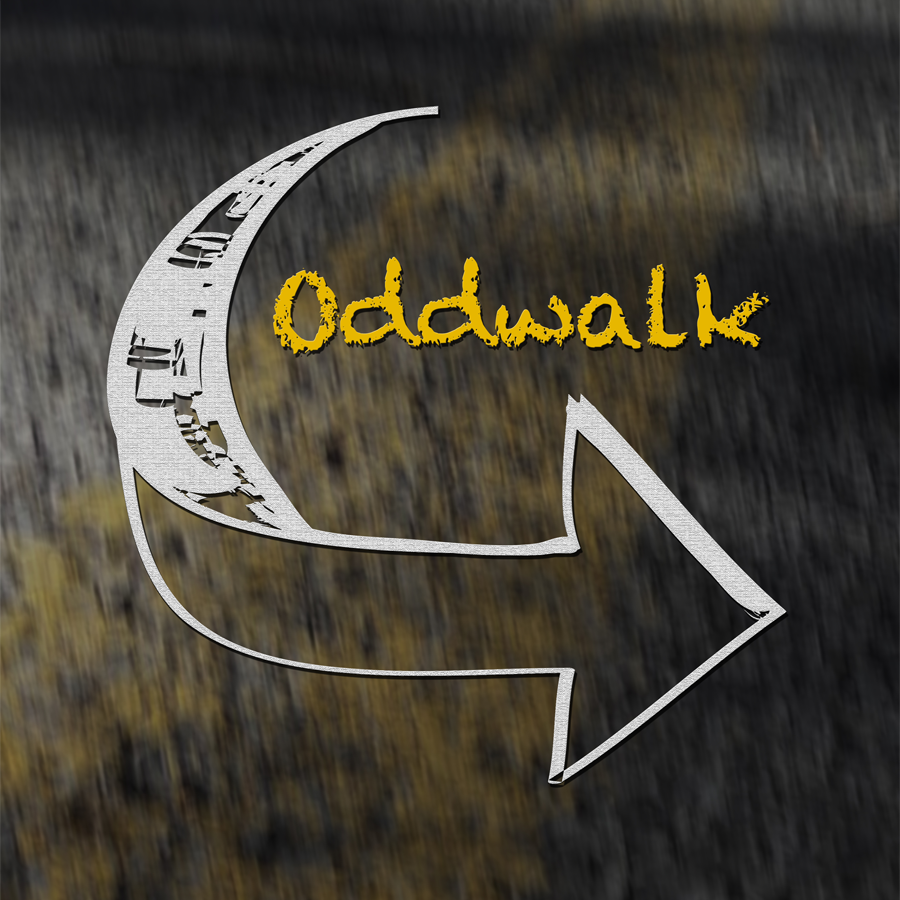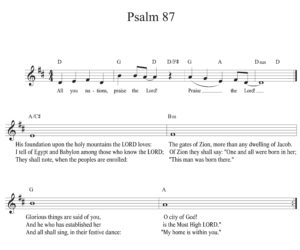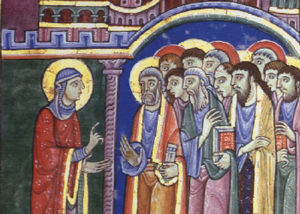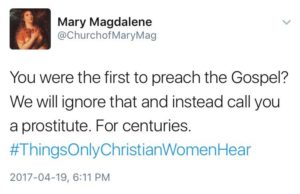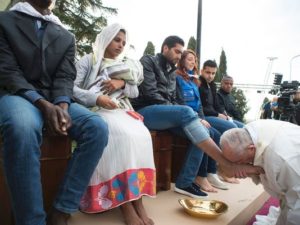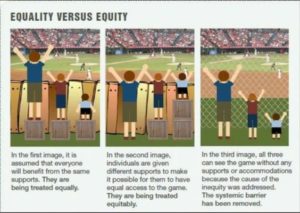Hello all, Orin here. One of my roles as Music Director at Sts. Joachim and Ann in suburban STL is to prep music for school masses. One of the tasks for each mass is ensuring we have a responsorial psalm and a psalmist or two ready to go: both I and the pastor at J&A prefer to do the readings of the day, so I need to ensure that the psalms are easily grasped both by the psalmists from the different homerooms in school (on limited rehearsal time), as well as by the assembly. Before sitting down to write this, in fact, I needed to create a new one for a school mass tomorrow, led by our 4th graders. You can see an image of the simple music just over there…
By now, ending my 5th year at J&A, many such psalms are already written, and it’s rare I need to take a moment and create a new one, but this morning was such a time. A quick count shows I’ve created over 130 of these in 5 years. An unexpected joy of the role here at J&A has become getting to know the psalms in such a broad way. Many of us know several of the more common Sunday responsorial psalms well, but the psalms at daily mass are much more diverse than at Sundays alone, and as a result, some unexpected poetry, theology, spirituality, and expressions of faith come to my attention over these few years.
This hymn of praise to Zion, for instance, responds joyfully to a reading from the Acts of the Apostles, in which we hear how the early Church grew far past Jerusalem, partly because early followers of Christ were scattered to many places, avoiding persecution, and were bolstered and taught by the likes of Barnabas and Paul. This passage ends, “…it was in Antioch that the disciples were first called Christians.”
There is a joy in the scriptures which only grows and blossoms the more deeply one knows, prays, and lives them. As broad as the scripture passages are on Sundays, an easy way to encounter so much more is to attend daily mass – a practice which was not a significant part of my life before arriving at J&A, but is now. When was the last time you attended a daily mass? Perhaps it’s time to consider a new discipline in faith, and rediscover the joy of the scriptures, like I have.
